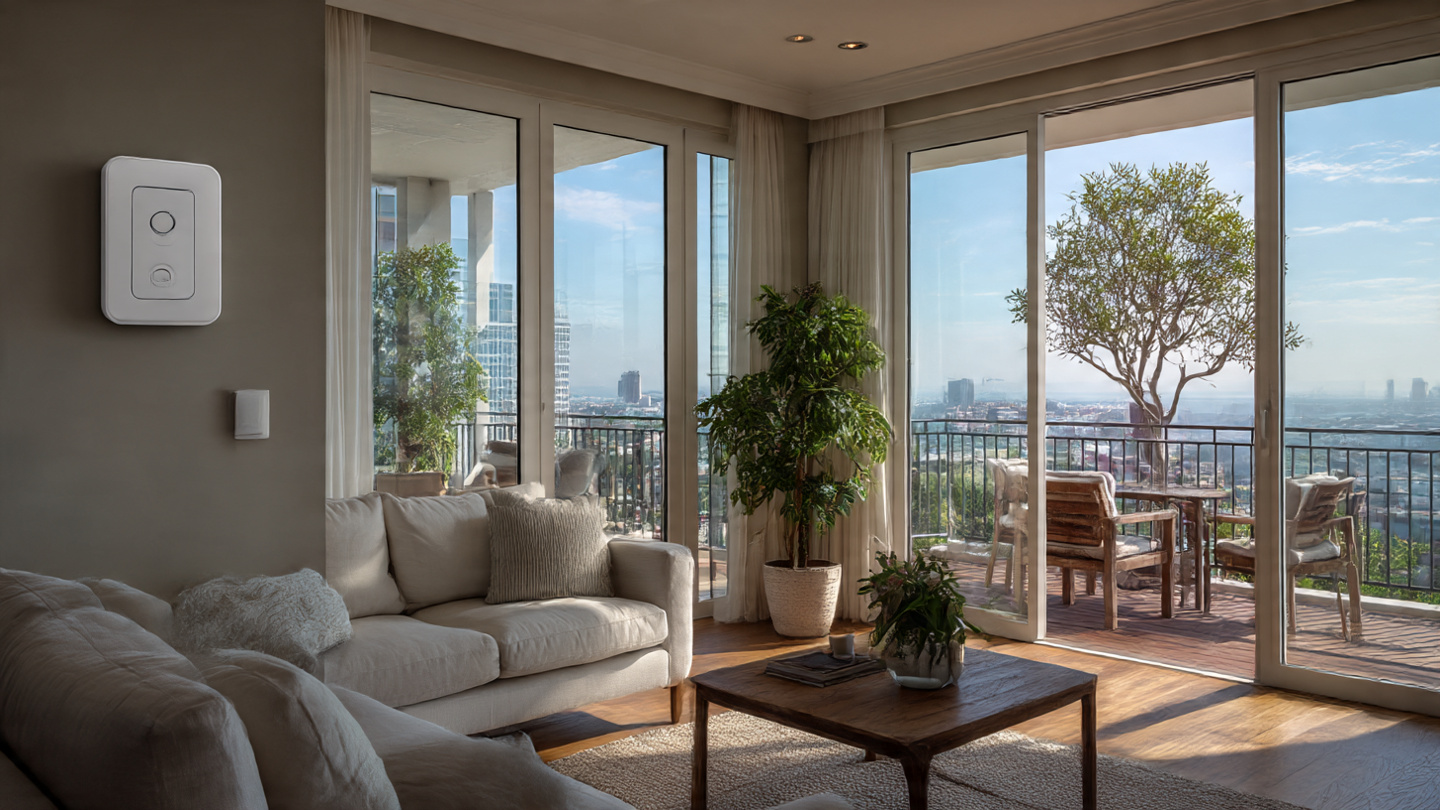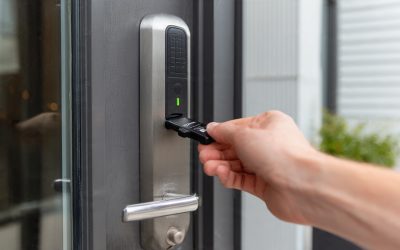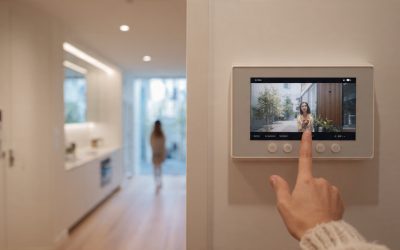Home alarm systems
In today’s world, the importance of home security cannot be overstated. With rising crime rates and increasing reports of burglaries, homeowners are more concerned than ever about the safety of their properties and loved ones. A secure home not only protects your physical belongings but also provides peace of mind, allowing you to focus on what truly matters in life.
The emotional toll of a break-in can be devastating, leaving families feeling vulnerable and unsafe in their own spaces. Therefore, investing in a robust home security system is not just a luxury; it is a necessity. Moreover, the significance of home security extends beyond mere protection against theft.
A well-implemented security system can deter potential intruders, reducing the likelihood of criminal activity in your neighborhood. When homes are equipped with visible security measures, such as cameras and alarm systems, they send a clear message that the property is protected. This proactive approach not only safeguards your home but also contributes to the overall safety of the community.
In essence, prioritizing home security is an investment in both personal safety and communal well-being. Protect your home and business.
Key Takeaways
- Home security is crucial for protecting your family and belongings from potential threats.
- There are different types of home alarm systems, including wired, wireless, and smart systems, each with its own features and benefits.
- Installing a home alarm system can provide peace of mind, deter burglars, and potentially lower your home insurance premiums.
- When choosing a home alarm system, consider features such as motion sensors, video surveillance, and remote access for monitoring and control.
- The right home alarm system for you will depend on your specific needs, budget, and whether you prefer professional installation or a DIY approach.
Types of Home Alarm Systems
When it comes to home alarm systems, there are several types available, each designed to cater to different needs and preferences. One of the most common types is the wired alarm system, which involves installing physical wires throughout the property to connect various components. These systems are known for their reliability and consistent performance, making them a popular choice among homeowners.
However, installation can be invasive and may require professional assistance, which can add to the overall cost. On the other hand, wireless alarm systems have gained popularity due to their ease of installation and flexibility. These systems use radio signals to communicate between devices, eliminating the need for extensive wiring.
Wireless systems are particularly appealing for renters or those who may want to relocate their security setup in the future. Additionally, smart home integration has become a game-changer in the realm of security systems. Smart alarms can be controlled remotely via smartphones or tablets, allowing homeowners to monitor their properties in real-time and receive instant alerts about any suspicious activity.
Benefits of Installing a Home Alarm System
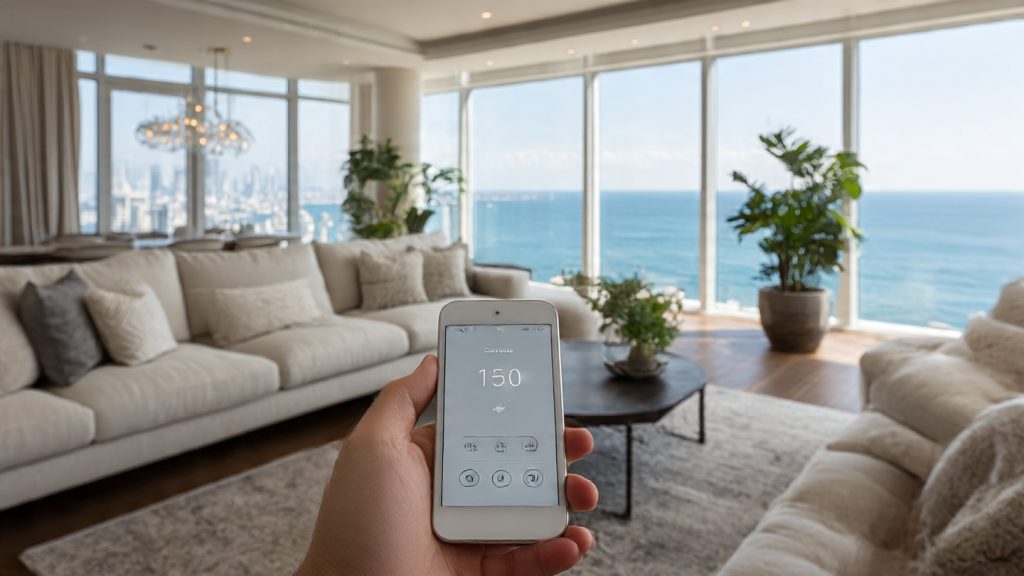
The benefits of installing a home alarm system extend far beyond mere theft prevention. One of the most significant advantages is the peace of mind that comes with knowing your home is protected. This sense of security allows you to enjoy your daily activities without constantly worrying about potential threats.
Furthermore, many insurance companies offer discounts on homeowners’ insurance premiums for properties equipped with alarm systems, providing an added financial incentive for installation. In addition to deterring burglaries, modern alarm systems often come equipped with features that enhance overall safety. For instance, many systems include smoke detectors and carbon monoxide sensors, which can alert homeowners to dangerous situations before they escalate.
This multi-faceted approach to security ensures that your home is safeguarded against various threats, not just intrusions. Ultimately, investing in a home alarm system is an investment in your family’s safety and well-being.
Features to Look for in a Home Alarm System
When selecting a home alarm system, it is essential to consider various features that can enhance its effectiveness. One critical feature is motion detection technology, which can identify movement within designated areas and trigger alerts when unusual activity is detected. This capability is particularly useful for monitoring entry points such as doors and windows, ensuring that any unauthorized access is promptly addressed.
Another important feature to look for is remote access capabilities. Many modern alarm systems allow homeowners to monitor their properties from anywhere using mobile apps or web interfaces. This level of control provides peace of mind when away from home, enabling users to check live feeds from security cameras or receive notifications about alarm triggers.
Additionally, consider systems that offer integration with other smart home devices, such as smart locks and lighting systems, for a comprehensive security solution that enhances convenience and safety.
Choosing the Right Home Alarm System for Your Needs
Selecting the right home alarm system requires careful consideration of your specific needs and circumstances. Start by assessing your property layout and identifying vulnerable areas that require monitoring. For larger homes or properties with multiple entry points, a more extensive system with additional sensors may be necessary.
Conversely, smaller homes may only require basic coverage. Budget is another crucial factor in determining which alarm system is right for you. While it may be tempting to opt for the cheapest option available, it is essential to balance cost with quality and reliability.
Research various brands and read customer reviews to gauge performance and customer satisfaction. Additionally, consider whether you prefer a professionally monitored system or one that allows for self-monitoring, as this choice can significantly impact your overall experience.
When it comes to installing a home alarm system, homeowners often face the decision between professional installation and do-it-yourself (DIY) options. Professional installation offers several advantages, including expert guidance on system design and placement of components for optimal coverage. Trained technicians can ensure that all devices are correctly installed and functioning as intended, providing peace of mind that your security system is set up properly.
On the other hand, DIY installation can be an appealing option for those who enjoy hands-on projects or want to save on installation costs. Many modern alarm systems are designed with user-friendly setups that allow homeowners to install them without professional assistance. However, it is essential to carefully follow instructions and ensure that all components are correctly placed to avoid gaps in security coverage.
Ultimately, the choice between professional and DIY installation will depend on your comfort level with technology and your specific security needs.
Monitoring and Response Services for Home Alarm Systems
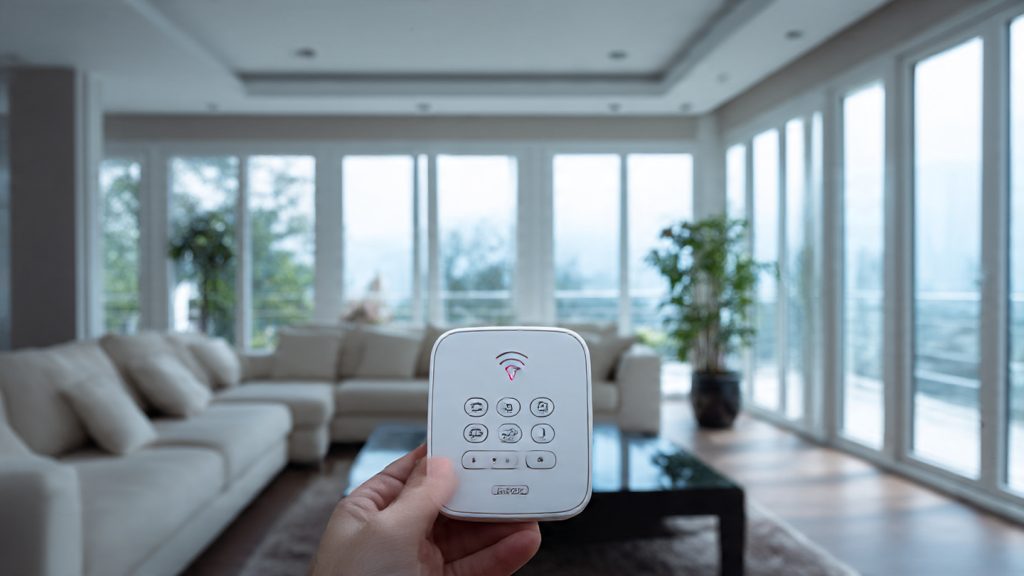
Monitoring services play a vital role in enhancing the effectiveness of home alarm systems. These services typically involve a central monitoring station that receives alerts from your alarm system when triggered. Trained professionals then assess the situation and take appropriate action, such as contacting local authorities or dispatching emergency responders if necessary.
This added layer of protection ensures that help is on the way even if you are not at home when an incident occurs. In addition to traditional monitoring services, many modern alarm systems offer smart monitoring options that allow homeowners to receive real-time alerts via mobile apps or text messages. This capability enables users to stay informed about their home’s security status at all times and take immediate action if needed.
Whether you choose professional monitoring or self-monitoring options, having a reliable response plan in place is crucial for maximizing the effectiveness of your home alarm system.
Cost Considerations for Home Alarm Systems
When considering the installation of a home alarm system, cost is undoubtedly a significant factor that many homeowners must evaluate. The price of an alarm system can vary widely based on several factors, including the type of system chosen, the number of sensors required, and any additional features or services selected. Basic systems may start at a lower price point but may lack advanced features such as smart technology integration or professional monitoring.
In addition to upfront costs, it is essential to consider ongoing expenses associated with maintaining your alarm system. Monthly monitoring fees can add up over time, so it’s crucial to factor these costs into your budget when making a decision. Additionally, some systems may require periodic maintenance or updates to ensure optimal performance.
By carefully evaluating both initial and ongoing costs, homeowners can make informed decisions that align with their financial capabilities while still prioritizing their security needs. In conclusion, investing in a comprehensive home security solution is essential for protecting your property and loved ones in today’s uncertain environment. With various types of alarm systems available and numerous features to consider, it is crucial to choose a system that meets your unique needs while providing peace of mind.
Whether you opt for professional installation or take on a DIY project, ensuring that your home is equipped with an effective alarm system will ultimately contribute to a safer living environment for you and your family.







